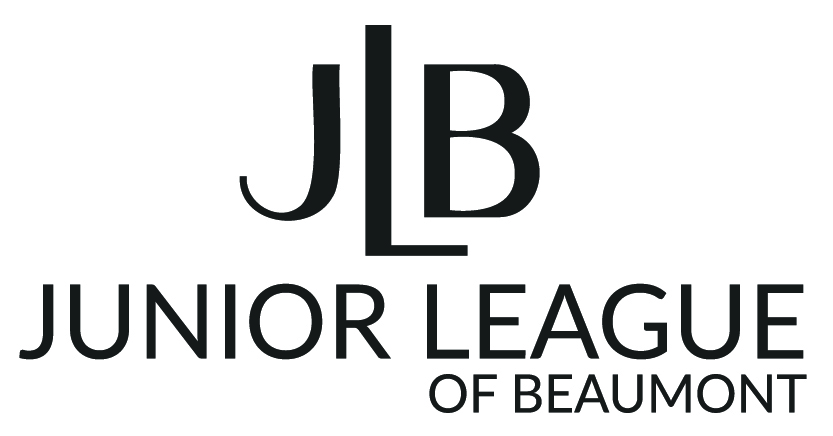Our History
The Junior League began with a young debutante named Mary Harriman. Harriman, a student at Barnard College and the daughter of railroad tycoon E.H. Harriman, was frustrated with the limited scope of hospital and church volunteer work available to her. The story goes that the price of her coming-out gown so horrified her that by way of atonement, she gathered a group of friends to go out and work among the poor. She was only 19 when she founded the Junior League for the Promotion of Settlement Movements, an organization comprised of 80 young women who dedicated themselves to improving the living conditions for immigrants in the slums of Manhattan’s Lower East Side. Harriman was inspired by the Cowley Fathers, an Anglican order that emphasized service to the poor. She believed that women of her status and education could donate their money as well as their time and skills to create better communities.
The movement blossomed quickly, and affiliated debutante volunteer societies began to pop up all over the Northeast. In 1907, the Boston Junior League was formed, and three years later, a Brooklyn Junior League sprang up. By 1920, there were 27 Junior Leagues, including the Junior League of Montreal.
During the next 20 years, Harriman and her fellow debutantes expanded operations both within and outside of New York City. As the league grew, its mission evolved to include more diverse forms of community action. In the 1910s, for instance, the Brooklyn Junior League managed to convince the local board of education to provide free lunches in schools. And during the Great Depression, Junior Leaguers set up a service infrastructure that included nutrition centers, child care and education facilities for impoverished mothers. They also established training and recruitment facilities to round up more volunteers. Famous members included Katharine Hepburn, Shirley Temple and Eleanor Roosevelt, who was an old friend of Harriman’s.
Junior Leagues were instrumental not only in setting up volunteer projects themselves, but also by serving as a volunteer network that could be tapped for help in various U.S. cities. At the beginning of World War II, there were 144 Junior Leagues in all, with Junior League members at the head of hundreds of civilian war effort organizations, running savings bonds drives and providing volunteer staff for the Red Cross and civil defense groups.
Click Here for a Video of the Impressive History of AJLI
The Junior Welfare League of Beaumont was organized in 1937 with a membership of 38 and in 1946 became a member of the Association of Junior Leagues International, Inc.
The Junior League of Beaumont is comprised of a diverse group of women with the common desire to make Beaumont a better place to live. The league has not only provided volunteer and financial assistance to numerous organizations in need but has been the driving force in establishing community assistance, historical and cultural as well as educational organizations that are still in operation today. Some of these include: John J. French Museum, Beaumont Heritage Society, Art Museum of Southeast Texas, Leadership Beaumont, Jefferson Theatre, Southeast Texas Food Bank, Southeast Texas Family Resource Center, and Beaumont Children’s Museum.



